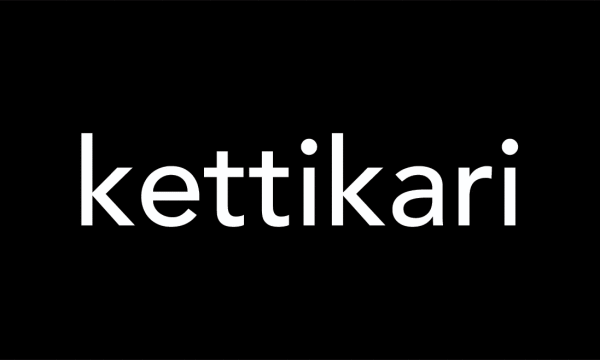
As people develop into functioning and accountable members of society, they get all sorts of talks from well-intentioned individuals around them. The 'exciting' financial talk is often not one of them, which is quite unfortunate. Poor money management could lead to the end of relationships (finances are a leading cause of divorce among married couples), unnecessary expenses and a damaged credit score. This can all be avoided by having a good understanding of how to manage your money.
A credit card, one of the most ubiquitous financial utilities, is sometimes misunderstood and misused. But, your relationship with your credit card shouldn't have to be a roller coaster ride. Here are 5 things you need to know about managing your credit card in a responsible and helpful way:
1. It's not your money
When you spend money on your credit card, you're borrowing money short-term from your credit card issuer. The expectation from them is that you will pay them back and on time. For example: you might be asked to pay a minimum amount within 21 days of borrowing that money. To avoid incurring unnecessary interest charges, pay the full balance owing on your credit card, and not just the minimum, by the due date. It could be the difference between treating yourself to that weekly pumpkin spice latte.
The key thing to remember here? Avoid trying to live beyond your financial means.
2. It's nearly impossible to get by without one
Isn't it better to just not have a credit card? No. Your financial character is something that will impact you for the entirety of your adult life. If you need a student loan from a bank, a mortgage, a business loan and even a credit card - lenders will look at your borrowing history (via a Credit Report) to decide if you can be trusted with their money. If you've never borrowed money before, you will not have any history, making it difficult for lenders to assess your financial character. One of the easiest ways to build your credit history is by having a credit card.
I got my first credit card in my early 20's. Not because I wanted to spend money that wasn't mine, but to build up my credit history. I've always paid off my balances in full and have maintained an amazing credit score to date.
3. It's convenient & comforting to have one
I love to travel. But I'm very paranoid/lazy when it comes to carrying physical cash around- especially since I have a tendency to want to experience new places like a 'local,' which means venturing into unknown areas. Even though there's a fee associated with using your card abroad, I'm personally okay with it for the convenience it provides. Also, many places request that you provide a credit card to book with them or to hold reservations. And then there's my fear of 'what if something bad happens?' and I need emergency funds while I'm miles away from home. So, I always travel with a credit card.
4. You can make money from your credit card
How have I made money from my credit card? Because I never carry a balance, I never have any interest charges. Many credit cards out there have tons of rewards benefits to gain loyalty with customers. I simply take advantage of the rewards by putting most of my monthly living purchases (yes, even a cup of coffee that costs $1.20) onto my credit card. Here are two cash back cards that Amex recently launched (for Canadians residents only- sorry international TC readers!) which are offering some amazing returns - you can make up to $400 in the first 6 months depending on your purchasing habits.
If you don't want to pay an annual fee - click here to learn more about the SimplyCash Card:
5. It can help you save money
Did I mention that I like to travel? I've often rented cars in different countries, but have always opted out of paying for the insurance they try to push on you because my Amex card covers that. I never buy medical insurance either for the same reason. If you're not sure about what your card covers, just call up your bank and clarify before spending money you don't need to. Amex's recent SimplyCash Preferred Card has some solid insurance coverage.
I hope you've found these 5 tips, that I've learned over the years, helpful!
This post was sponsored by Amex Bank of Canada. The views and opinions expressed in this blog, however, are purely my own.



























